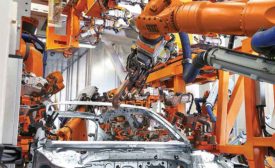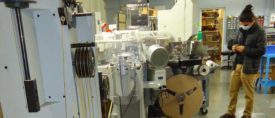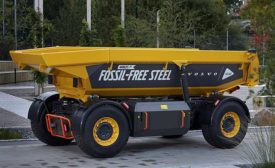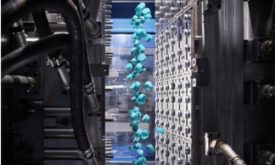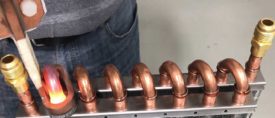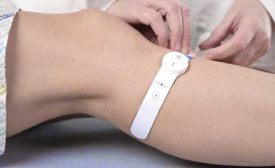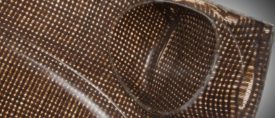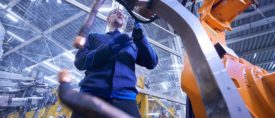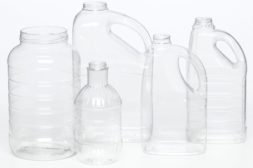Plastics & Metal Welding Assembly
Harness Shop Masters Difficult Wire Assemblies
For Chief Enterprises LLC, the formula for success is straightforward: Build the uncommon wire harnesses that no other shop wants to.
January 12, 2022
Welding Large-Diameter Cable
Joining the large conductors used to quickly charge electric vehicle batteries will require a new and more reliable approach to ultrasonic welding.
October 12, 2021
Induction Brazing
Induction brazing is faster, safer, greener and more repeatable than other brazing methods.
October 5, 2021
Ultrasonic Welding of Thermoplastic Composites
Strong and lightweight, thermoplastic composites can be difficult to join.
September 7, 2021
Industry 4.0 and the Automotive Industry
Audi, BMW and other automotive assemblers are implementing Industry 4.0 technologies to increase efficiency and improve processes.
August 20, 2021
Never miss the latest news and trends driving the manufacturing industry
Stay in the know on the latest assembly trends.
JOIN TODAY!Copyright ©2025. All Rights Reserved BNP Media.
Design, CMS, Hosting & Web Development :: ePublishing
